Rachel Talbot was bullied from the day she started primary school to the day she left.
By the time she reached secondary school she had suffered such trauma that she ended up in therapy.
But she counts herself as lucky to have survived. Other bullied children have taken their own lives.
Already an established anti-bullying campaigner, Rachel is working towards a career helping other young victims.
Rachel started volunteering for children’s charity the NSPCC while at Brechin High School.
Now studying childhood and youth and politics at the University of Liverpool, she is researching the impact of bullying. She hopes to eventually work in the field.
How Rachel Talbot was bullied from nursery
Annual Anti-Bullying Week starts today and she’s recounting her experience to draw attention to the issue.
Rachel moved to the village of Friockheim, in Angus, when she was three years old. She says she was seen as an outsider even in nursery.
“Pretty much from the day I walked in I was bullied. I was the new person in a very small area.
“Unfortunately for me that carried on all through primary school.
Abuse was verbal, mental and physical.
“At one point I came home with bruises on my back from being pushed into a fence,” she says.
“Social exclusion was a big problem.
“People would very suddenly decide not to be my friend. I could hear them whispering about me which, when you’re 8, is very hard to deal with.
“Moving to high school was really difficult because I still felt like everyone was looking at me and out to make my life difficult.”
Rachel found friends and life was easier at Brechin High School but she still bore the scars.
Wearing odd socks became a pivotal moment
She says: “When I was in high school I went to therapy for a bit to try to deal with it and that helped massively.
“Also my family were incredible in helping me.
“But not everyone has a supportive family. Not everyone has that easy access to therapy, especially with the pressure CAMHS (Child and Adolescent Mental Health Service) is under.”
Rachel’s damaged self-esteem meant she would rather have hidden away.
But she bravely did the exact opposite.
She pulled on odd socks to show solidarity with fellow victims on Odd Socks Day, part of Anti-Bullying Week.
The only pupil at Brechin High to do so, she was mocked. But her response was to double down and wear odd socks the entire week.
And that marked the start of her fight back against bullying.
Her odd socks had not gone unnoticed by staff at Brechin High School.
So when two pupils were needed from each Angus secondary school for a project with the NSPCC she was the obvious candidate.
Her subsequent work with the Angus youth advisory group persuaded Angus Council to change its anti-bullying policy.
They developed the Think B4 You Type social media campaign and toolkit and she helped form an anti-bullying group at Brechin High.
Rachel was appointed to the NSPCC’s first Young People’s Board for Change.
And in January last year she led the charity’s push for tougher online safety legislation, handing over a petition at Westminster.
Rachel hopes one day to work for the NSPCC and become involved campaigns and shaping policies.
She says: “Bullying can have a devastating impact.
“The reality is some children and young people lose their lives. I think that’s absolutely atrocious.
How should bullying be tackled?
“I made it out and I’m lucky because I’m still here.”
Rachel says there’s not enough discussion bullying and schools are often ill-equipped to deal with it.
“A lot of schools schools have policies in place that are very much one-size-fits-all.
“That’s not going to work because everyone’s situation is different and every young person is different.
“There’s no perfect way but I think the best stepping stone is to listen to the young person facing the problems.
“When you’re in a vulnerable position you need the people around you to be able to provide effective support.
“The fact that not every young person is getting that, means that we really need to look at the ways we are dealing with bullying.”
Children and young people affected by bullying can call Childline for help on 0800 1111. Adults concerned about a child can call 0808 800 5000.
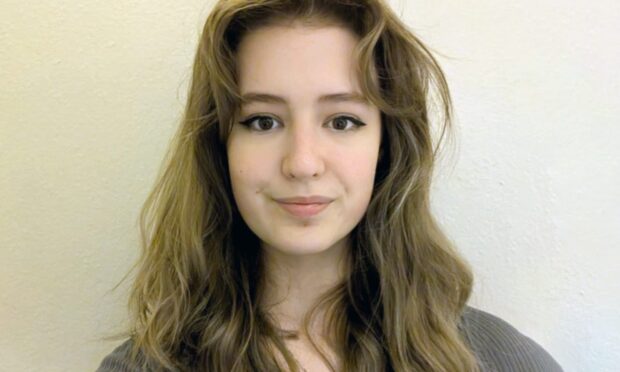
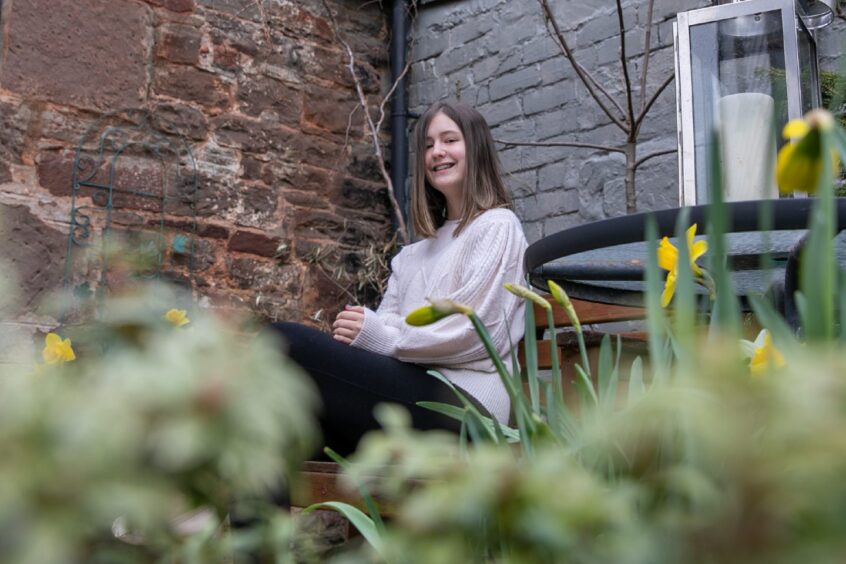
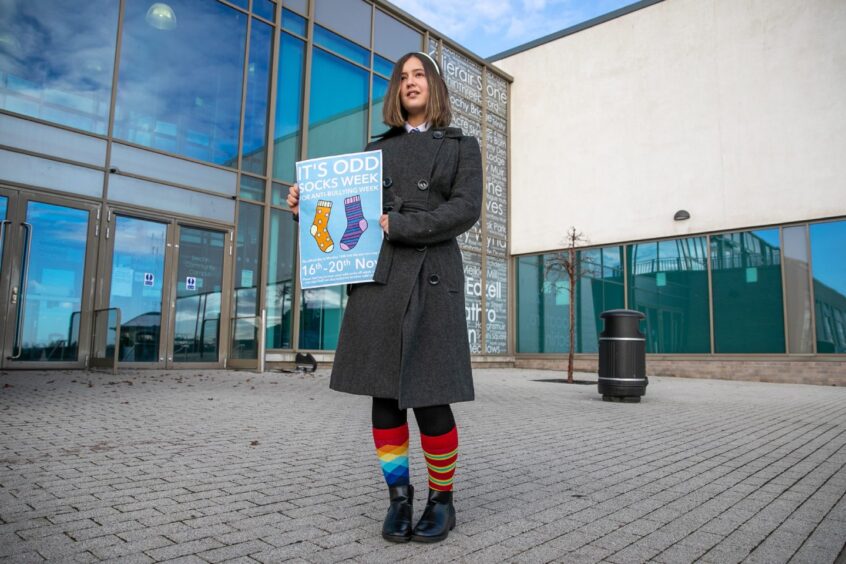
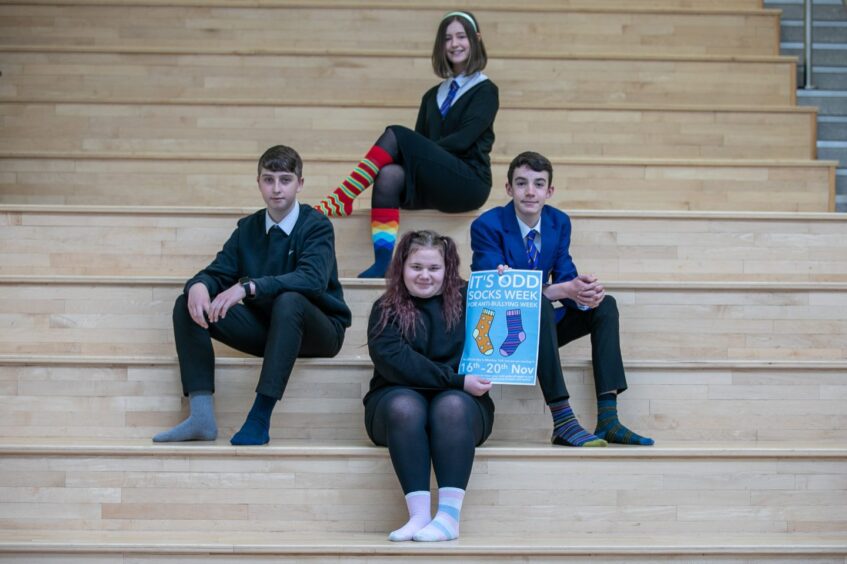







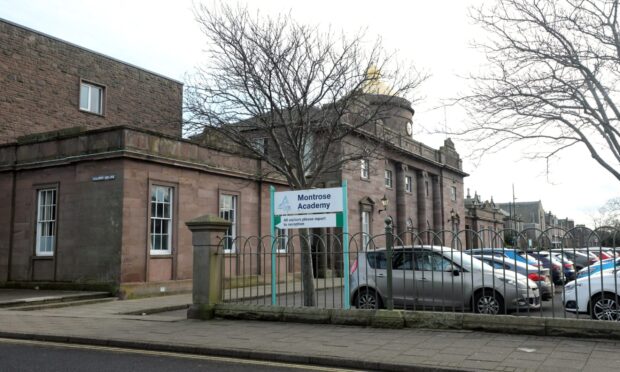
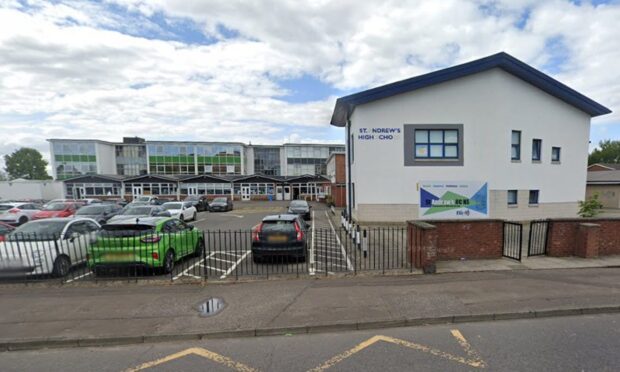
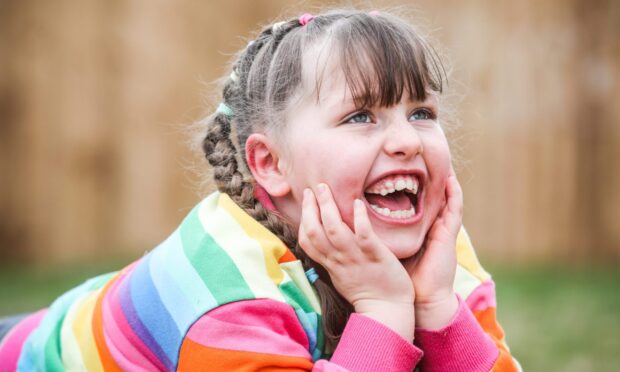
Conversation